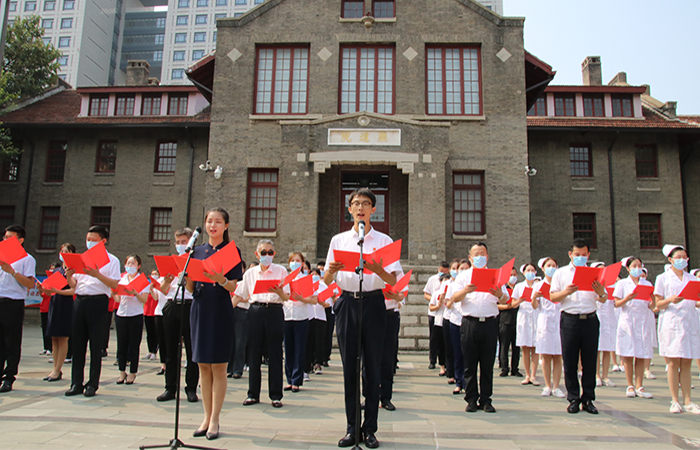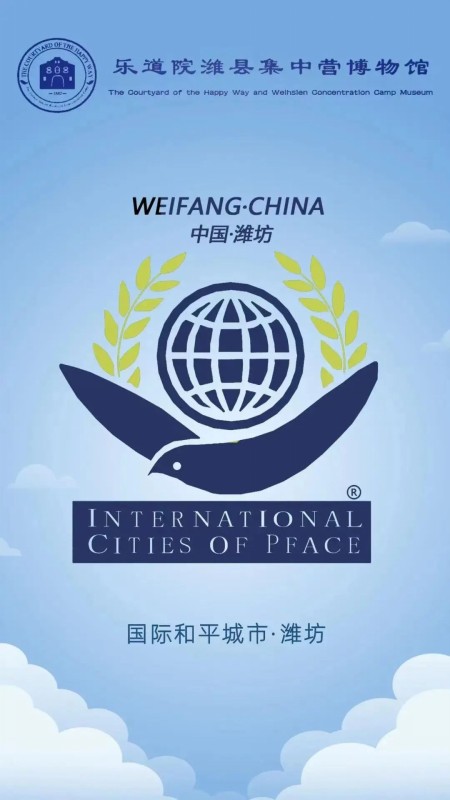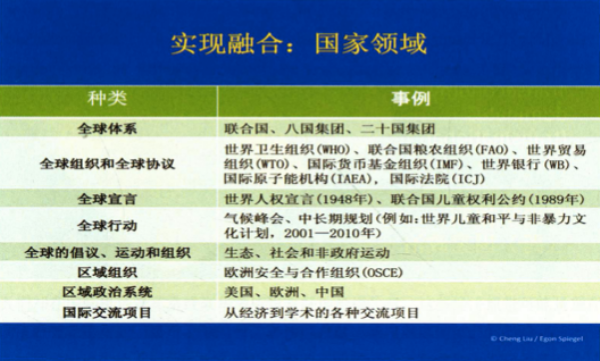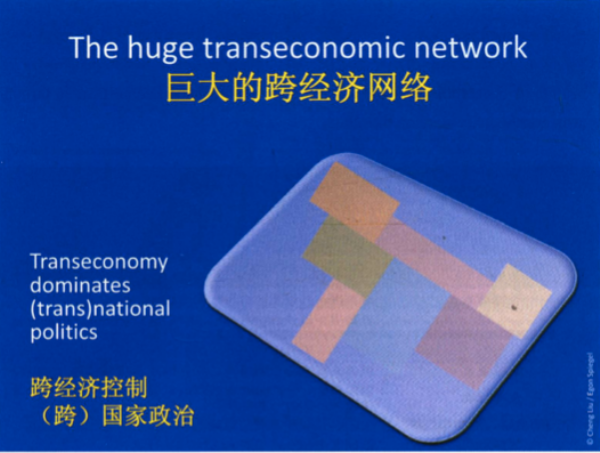
2023-04-17 20:00:00

Relativity of national structure under federal and transnational structure
The nation-state is constructed, which is constructed by special interests and history. Moreover, the natural boundaries between countries often play the role of interconnection. A river can play the role of dividing line, or it can be a link to carry out bilateral trade and transportation, where border residents share their lives and have the same mentality. Problems in a country's special region may spread to the border between the two sides, because they also have an impact on residents of neighboring countries living in similar environments. Especially in Africa, the national boundaries split the territory of the same tribe, which is where indigenous tribes have lived for generations. Therefore, we need to realize the relativity of nation-state, which is more or less accidental. One result of this relativism is the national alliance, that is, a global alliance with transnational structure and will. The most obvious result of this gradual alliance is the United Nations. There are many international organizations (multinational organizations are better) under the United Nations, which have promulgated such as the Universal Declaration of Human Rights, the Ten-year Plan for a Culture of Peace and Non-violence for the Children of the World, and numerous international non-governmental organizations that cross borders. Moreover, the study of peace has realized the dual relativity of nationality and nationalism: on the one hand, it is decentralization and federalization, on the other hand, it is the unity of transnational alliance.

The relativization of national structures
by federal and transnational structures
Nations are constructs; constructs defined by special interests, by history. Moreover, features that are considered natural borders very often function as connections. Take a river: it can function as a separating line and it can also be a bond between people who share the same situation, with the same organizing principle, the same mentality, and connected by common trade and traffic. Very often issues concerning specific parts of a nation may connect across a border because they also affect the people who live in similar environments in a neighbouring country. In Africa, especially, national structures divide tribes by borders that cut through the regions where indigenous tribes have lived since eternity. In the light of these considerations, we need to relativize the existence of nations on the understanding that their existence is largely a contingent one. A consequence of this relativization is the alliance of nations as a global federation with transnational structures and intentions. The most visible result of such progressive connecting is the phenomenon of the United Nations which involves many international institutions (or, even better, transnational ones), as well as declarations like the Universal Declaration of Human Rights, decades like that for a "Culture of Peace and Non-Violence" and countless other border-transcending international/transnational non-governmental organizations. More than this, Peace Studies is aware of the relevance of a double relativization of nations and nationalism: a relativization by decentralization and federalization on one hand and unification through transnational connectivity on the other.
Cross-economic network is the best cross-national network.

Transeconomic networks better
transnational networks
For sure, the most efficient trans-network is the economic one. This functions even in times of war; in fact, often especially well under the conditions of war. It is not unusual for hostile parties to buy similar weapons from the same companies. Although old resentments against specific foreigners may exist among the general population (e.g. among the Dutch or British against the Germans following World War II, and among the Chinese against the Japanese following the brutalities of the Japanese soldiers in the Sino-Japanese War), great understanding and "gentlemen's agreements" flourish between business people. While some elements of the population continue to support malicious national campaigns, the businessmen of former hostile nations are making themselves comfortable in the VIP lounges of International Airports or in ritzy hotels. These economic ties are probably the most efficient, solid and reliable ones that exist. Economics forms the most important network the world has. Peace Studies has to realize this and to reflect it in the various aspects of worldwide peace building. Of course, global economics causes a lot of problems (injustices and social imbalances), but it makes no sense to only perceive this aspect of economy since national as well as transnational politics are dominated by the well organized and highly connected worldwide trans-economy. Traditionally there is a big gap between peace research and economics. Modern Peace Studies needs to overcome this and to focus on the social opportunities of the trans-economic network.
